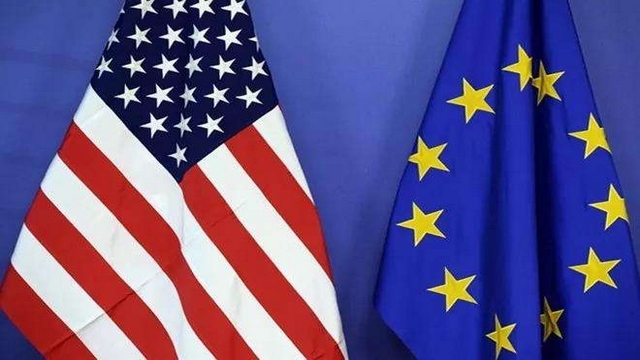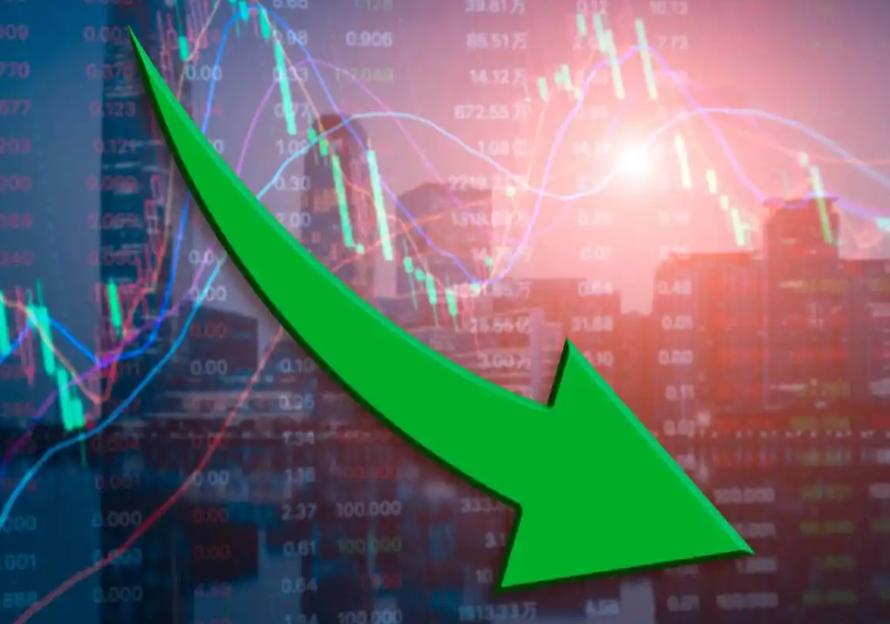
In March 2025, the global trade landscape was once again stirred up by the escalation of the tariff dispute between Europe and the United States. Since the EU announced retaliatory tariffs on 26 billion euros worth of US goods on March 12th, this trade war, which began with unilateral protectionism by the US, has evolved from an economic game to a political struggle. It not only tears apart transatlantic allies, but also poses a profound threat to global supply chains, inflation levels, and the multilateral trading system.
The tariff dispute began with the Trump administration's resumption of 25% tariffs on global steel and aluminum products in February 2025, citing "national security," and expanding the scope to downstream products including nuts, bolts, soda cans, and more. As a traditional ally of the United States, the European Union has made multiple attempts to negotiate, but the US has taken a tough stance. On March 12, President of the European Commission von der Leyen announced that the tariff on US goods of 26 billion euros would be increased in two phases, three times the scale of the previous increase, in direct response to the US policy of "steel and aluminum sticks".
The first phase (effective March 15th) targets 8 billion euros worth of iconic American products such as Harley Davidson motorcycles, bourbon whiskey, and jeans, targeting key ticket holders such as the "Rust Belt" and Kentucky that support Trump. The second phase (effective on June 1st) covers 18 billion euros of industrial and agricultural products, including Iowa soybeans, North Carolina poultry, etc., targeting the core interests of the US agriculture and manufacturing industry. The EU's "politicization countermeasure" strategy aims to force Trump back to the negotiating table by shaking his voter base.
The Trump administration's "transactional diplomacy" philosophy is the underlying cause of this conflict. It quantified NATO alliance relations as economic indicators such as "5% GDP defense spending" and repeatedly accused the EU of "taking advantage of the United States", leading to an overdraft of trust among allies. This tariff war further exposes the fundamental differences between the United States and Europe on trade rules: the United States emphasizes "reciprocal tariffs," while the European Union adheres to multilateralism and a rules based trading system.
Although high-level officials from the United States and Europe held talks on reducing car tariffs on February 22, and the European Union proposed to expand imports of liquefied natural gas from the United States to balance the trade deficit, the negotiations ended in failure due to the United States' insistence on unilateralism. The EU's countermeasures are not only a defense of economic interests, but also a political declaration of multilateralism principles. As the German Minister of Economy said, "We will not negotiate under coercion, rules must be respected
The direct impact of the tariff war has manifested as a 'triple crisis'. 1. Supply chain disruption: The automotive, energy, and agricultural supply chains in North America and Europe are at the forefront. Taking the automotive industry as an example, the mutual imposition of tariffs by the United States and Europe has led to a sharp increase in component costs, forcing companies such as Volkswagen and BMW to adjust their production layouts, and some factories are facing shutdowns. 2. Inflation spiral: The US Tax Foundation estimates that the new tariffs will increase taxes by an average of $830 per US household by 2025, with low-income groups being the hardest hit. The cost of energy transition in the European Union has also risen due to supply chain disruptions, and Germany's economic growth forecast has been lowered from 0.7% to 0.4% by the OECD. 3. International trade contraction: The World Trade Organization predicts that if the US European tariff war continues, global trade growth may fall below 1% by 2025, far below the pre pandemic average of 3%.
The tariff war has accelerated Europe's strategic autonomy process. In the energy sector, the European Union has reduced its dependence on the United States by expanding natural gas cooperation with Norway and Qatar; At the economic level, negotiations on the China EU trade agreement have resumed, and the two sides have deepened cooperation in areas such as electric vehicles and green technology. In addition, European companies are transferring some of their production capacity to Southeast Asia and Eastern Europe to avoid tariff risks. However, this transformation is not an easy path. The concern within the EU about "dependence on China" and the call for repairing US relations coexist. How to balance economic autonomy and geopolitical balance has become a long-term challenge for Europe.
In the short term, the game between the United States and Europe is unlikely to ease. The US Department of Commerce has threatened to impose a 200% tariff on EU alcoholic beverages, while the EU has hinted at the possibility of expanding the scope of the digital services tax to counter US tech giants. If the conflict persists, the two major economies may fall into a vicious cycle of 'beggar thy neighbor', affecting global financial market stability.
In the long run, this dispute may become a turning point in the restructuring of the global economic order. The influence of regional trade agreements (such as RCEP and African Free Trade Area) has increased, and China is becoming an important force to stabilize global trade through the "the Belt and Road" and diversified supply chain layout. As think tank expert Dan Steinbock said, "Unilateralism will eventually give way to multipolar cooperation, but the pains of the transition period are inevitable
The tariff war between Europe and the United States in 2025 is not only a competition for economic interests, but also a contest for the dominance of international rules. When 'America First' encounters' European Self Strengthening ', every link in the global industrial chain needs to be prepared for turbulence. Only by returning to the multilateral framework and reshaping mutual trust can the world avoid sliding towards a "new Cold War" style division. History has repeatedly proven that there are no winners in trade wars, and cooperation is the only way out.

On the morning of November 18th local time, the stock markets of Japan and South Korea opened with a sharp decline.
On the morning of November 18th local time, the stock marke…
Countless AI agents are transitioning from isolation to col…
In November 2025, a sudden political storm swept through th…
The data recently disclosed by South Korea's Ministry of La…
Recently, according to The US industry media SeafoodSource,…
As the gunfire in the Gaza Strip gradually subsided in the …